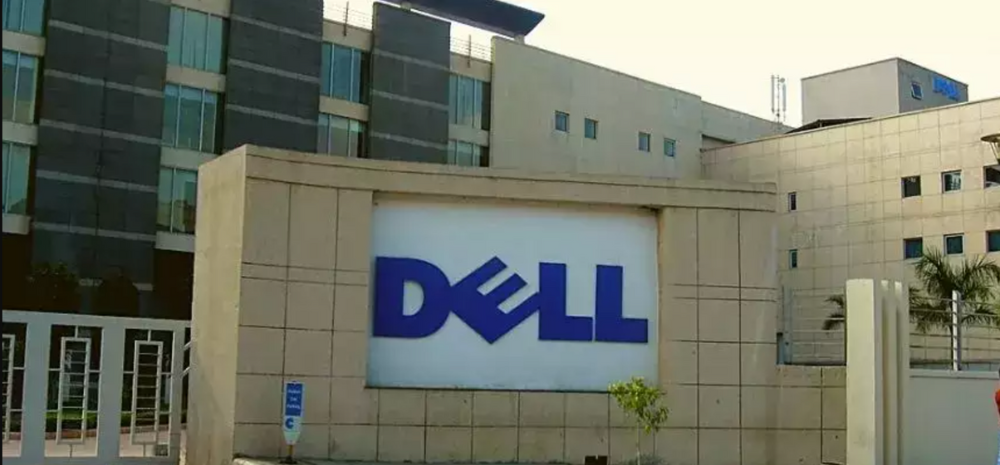Dell is a prime example of many companies who are struggling to adapt to the post-pandemic work landscape. Dell applied a strict return-to-office (RTO) policy forcing them to choose between in-office work and career progress. Despite a strong preference for remote work among its employees.

With a significant portion of the workforce opting for remote work even at the cost of promotions,
this strategy appears to be backfiring.
Dell’s RTO Policy Backfires: Half Choose Remote Despite Promotion Limits
Dell’s RTO policy classified employees as either “hybrid” or “remote.” Remote workers lose promotion eligibility and the ability to change roles, hybrid workers must come into the office for three days a week. The data shows that nearly half of Dell’s US full-time workforce expectedly choose to remain remote.
This decision by employees emphasizes the advantage of remote work over potential promotions. Many cited the better work-life balance, time for personal pursuits, and lessen commuting costs as key parts. due to relocation or team composition of employees, some employees even found their office closed.
Dell’s strives to impose a return-to-office (RTO) policy is backfiring. The policy emphasizes employees as “hybrid” essential three days in the office, or “remote” with limited career growth.
Remote Work Wins, Employee Morale Plummets
This has led to a handful of issues. Firstly, the policy seems ineffective. The Remote Employees often attend meetings virtually from isolated offices, deny the supposed benefit of in-person interaction. In Addition to this situation, employees feel growth chance were already limited, making the policy’s incentive structure unappealing.
Economic problems add on to the concern. Dell’s revenue has fall seriously balanced to pre-pandemic period, and recent opportunities hasn’t go back the long-term shift. The RTO schemes might be compounding this underlying subject.
Employee spirt is also hurting. The dissatisfied worker particularly parents search for work-life balance, are actively looking for new remote work opportunities elsewhere. Others employees notice for like “second-class citizens” with restricted career expectation under the RTO policy. This mass departure of talented employees could have severe outcome for Dell’s future.











